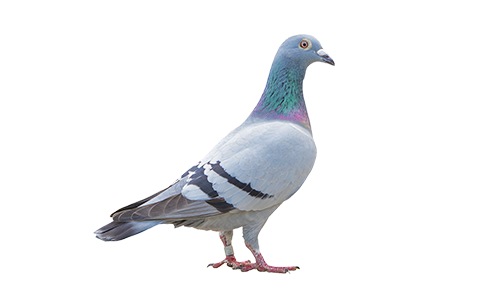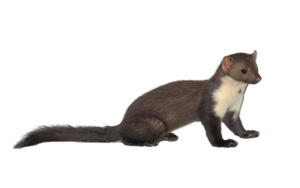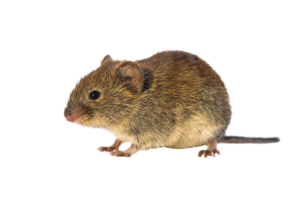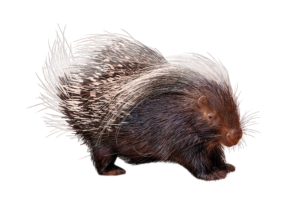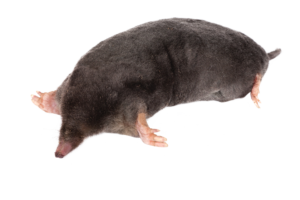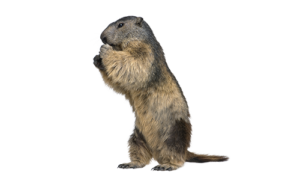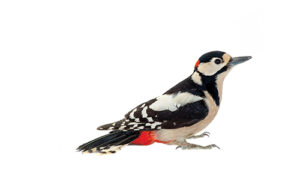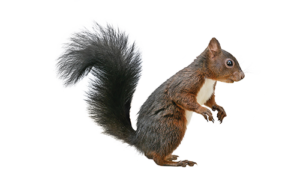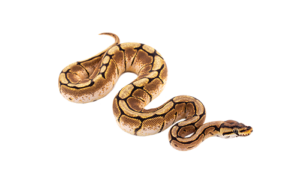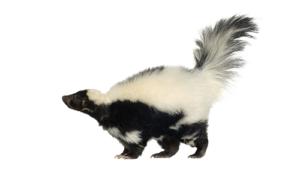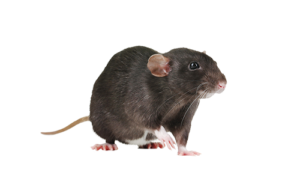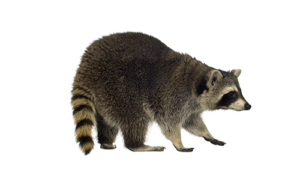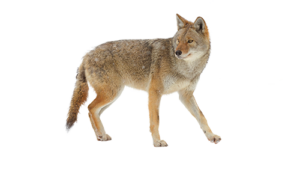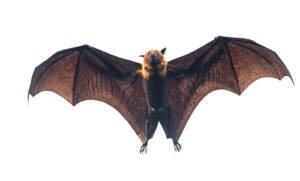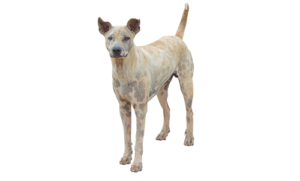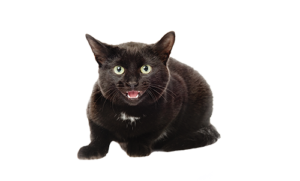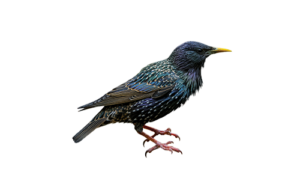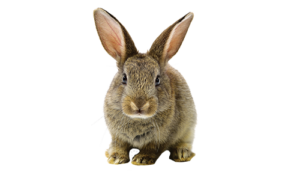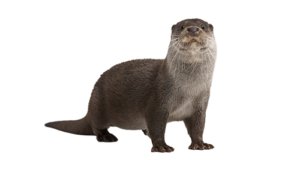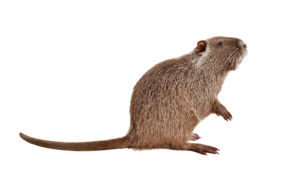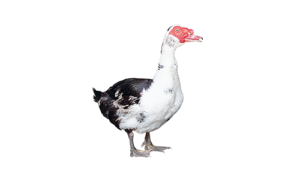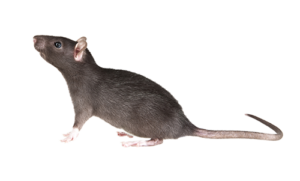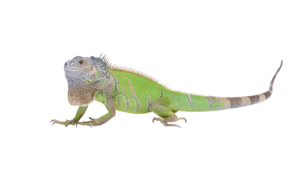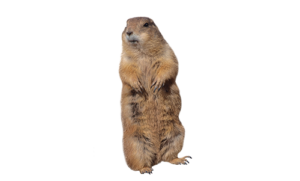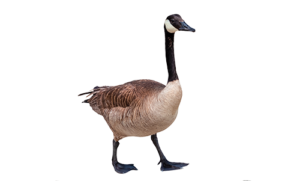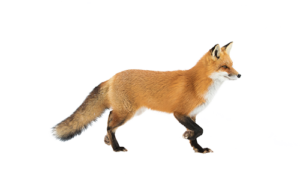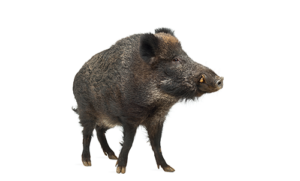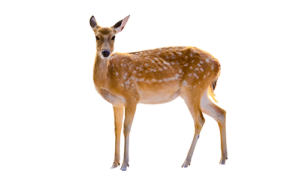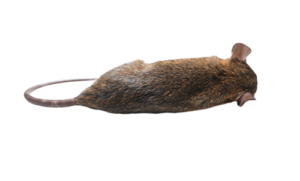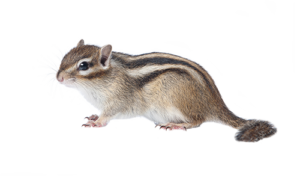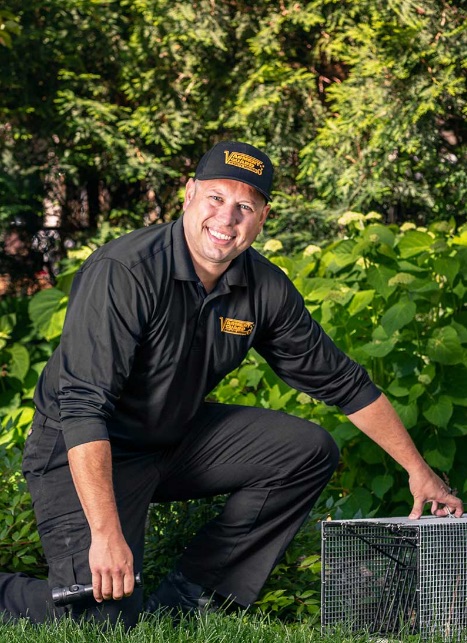Pigeons are found in both suburban communities and cities. These opportunistic feeders will eat almost anything – but can quickly grow to unmanageable numbers. It is important to contact a professional for pigeon removal quickly if you spot them in your home.
Pigeon Overview: How to spot a pigeon
Pigeons are a type of bird that both urban and suburban dwellers alike will recognize.
Often, pigeons will have iridescent feathers with gray and blue coloring on their chests and heads.
Pigeons tend to be on the larger side of birds but sport small heads, short legs, and red eyes.
Most pigeons will have two dark bands of color on their wings, which is one of the ways you can differentiate between them and mourning doves.
Pigeons in groups
Pigeons tend to congregate in groups of 20 or more birds. They use navigational skills such as using the sun to guide them and return to locations they have established as safe.
Pigeons will live almost anywhere – they aren’t picky! They tend to prefer places with easy access to food, such as city parks or farms with unsecured feed.
Pigeons will use unique sounds to communicate with each other, which includes songs and calls.
Male pigeons will use specific songs to attract mates, which sound like coos from deep within the throat. These calls are barely audible to humans, so the repeated calls rarely bother people – which is how they go unnoticed.
When pigeons are distressed, they will make grunting noises, and in large groups may cause a significant amount of noise.
Pigeon Tracks and Droppings
Pigeons like to stay in groups, which can quickly become an issue as their droppings accumulate.
Pigeon droppings have an appearance similar to small marbles. They will be a white-brown color and very firm. Healthy birds will have tiny feathers in their excrement, whereas unhealthy or stressed birds will have loose and wet droppings.
Pigeon feces can stain buildings, walls, and metal. Droppings from pigeons are more than just aesthetically displeasing – they are highly acidic, and will erode both metal and stone.
Pigeon droppings can spread diseases like cryptococcosis, psittacosis, histoplasmosis, and more. See our section on pigeon diseases for more health concerns.
Have you seen a pigeon in your yard?
If you’ve seen a pigeon in your yard or neighborhood, contact us today! We trap and remove all types of wildlife and critters, and will handle your pigeon removal with care.
What do pigeons like to eat?
Pigeons prefer a diet of fruits, seeds, crumbs, and plants.
Pigeons tend to gather in public venues, such as streets, parks, and busy cities, where people will feed them or drop a lot of crumbs and food.
Pigeons will eat a diet of corn, wheat, cereals, and small seeds. However, they will occasionally eat small insects.
These pest birds will also consume spinach, grapes, lettuce, seed sprouts, and even apples.
Do pigeons have diseases?
Pigeons have diseases that can cause a health risk to humans.
Histoplasmosis is a fungus that grows on pigeon droppings and can affect the lungs of humans who breathe it in. Symptoms include fatigue, cough, fever, and chest pain, and will usually begin 1-3 weeks after exposure.
Cryptococcosis is also a fungal disease that will affect the human lungs, and those with compromised immune systems or asthma are at high risk for infection.
Psittacosis, or parrot fever, is a rare disease that is primarily diagnosed in parrots, but pigeons can carry it. Symptoms are similar to pneumonia, such as fever, dry cough, headache, chills, muscle ache, and even walking pneumonia.
Other diseases that pigeons can carry include:
- E. coli
- Salmonella
- Encephalitis
- Candidiasis
- Mites
- Fleas
- West Nile virus
If a human contracts a disease from a pigeon, it could lead to chest infections or even meningitis. Strong and healthy adults who come in contact with pigeon droppings will often heal on their own from diseases. Still, those with compromised immune systems or underlying health issues may become seriously ill.
If pigeons are in your home or property, do not attempt to remove them on your own. Contact professionals to safely and humanely handle the pigeon removal at your home.
Pigeon’s natural habitat
Pigeons are also known as rock doves. They get their name due to their preference for roosting on cliff sides and cave mouths in the wild.
Pigeons prefer to nest in high places, such as roofs, stadium lights, eaves, grain elevators, peaks of bridges, and even in the attics of barns.
You may spot pigeon nests on top of signs on businesses, as well.
While pigeons are more frequently thought of for the large and dangerous messes their droppings will create, they are also determined feeders and can demolish plants and crops quickly.
How to limit pigeons in your area
There are steps you can take to limit the appeal of your home and property to pigeons.
Devices such as bird netting or bird spikes have shown some success in reducing the possibility of attracting pigeons.
Regularly clear ledges and balconies of garbage, cigarette butts, twigs, and other debris to reduce the allure of your home to pigeons.
Screens can also help keep these flying pests away.
However, the most effective way of pigeon removal once they have taken residence on your property is to contact the experts to safely and humanely trap and remove the pests.
Will a pigeon come into my home?
If your home or apartment has a balcony, then you might experience a pigeon group attempting to take up residence.
Pigeons like sheltered ledges, as they provide a perfect nesting place to lay their eggs and safely roost. However, pigeons are filthy, which can cause issues to your structure and home.
In homes, you may see pigeon nests in stairwells, gutters, and even outbuildings.
Pigeons are known to carry fungal infections, such as cryptococcosis and histoplasmosis, which can compromise the health of anyone living in the area.
If pigeon droppings accumulate within your home, it can cause severe damage to the structure. Pigeon droppings can cause roofs to collapse or floors to cave.
Large amounts of pigeon droppings can even contaminate both human and livestock food, as well as kill nearby vegetation.
What is the best way to get rid of pigeons?
The most humane and effective way of pigeon removal from your property is to contact a wildlife pest and removal company.
Pigeons have strong homing instincts, which means they will come back to the place they have made their nests over and over, which can cause ongoing and recurring problems.
Do not attempt to trap and remove a pigeon on your own, as they can carry potentially fatal diseases to you and your pets.
Our professionals are trained to safely handle pigeon removal and possess the tools, knowledge, and expertise to trap pigeons humanely.
